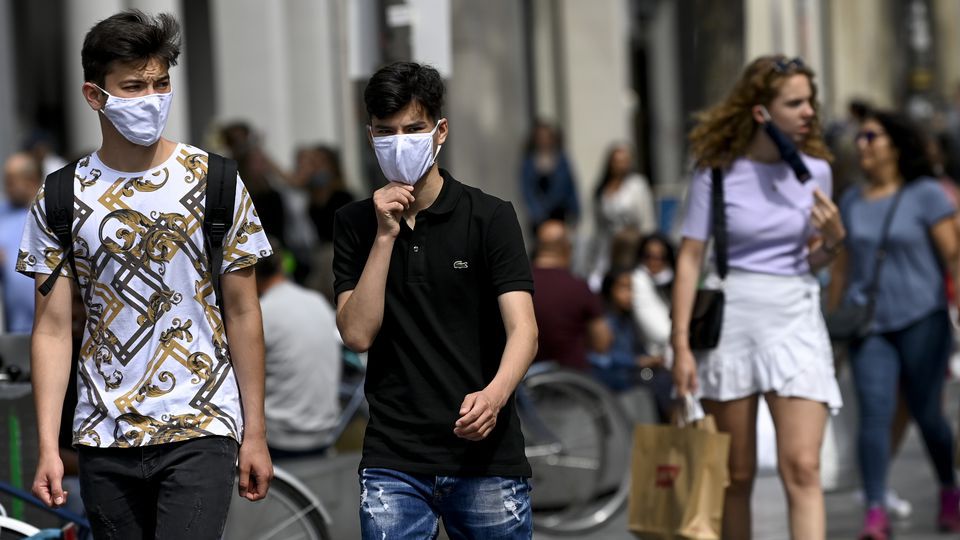Flanders doesn't want to wait on Brussels to catch up in terms of vaccination before relaxing measures, as the gap continues to widen between the regions.
Over 90% of all adults in Flanders have already received their first coronavirus vaccine, compared to 62% in Brussels, according to the latest figures by the Sciensano national health institute on Wednesday 4 August.
"By September, we are going to have 90% of the adult population double vaccinated," Flemish Minister-President Jan Jambon told Het Nieuwsblad. "Tell me: where in the world is the situation better in that respect?"
The Flemish vaccination campaign is almost over, as 77.4% of the adult population is already fully vaccinated, according to him.
"At some point, we will have to turn the corner towards normal life," Jambon's spokesperson Olivier Van Raemdonck said. "If we still cannot go back to normal with 90% of people vaccinated, when will we be able to?"
The next Consultative Committee, expected to take place in the second half of August, will focus on the last phase of Belgium's summer plan, which has to see the country returning to normal life as much as possible, if 70% of the population is fully vaccinated.
Related News
- Covid-19: New hospital admissions up almost 30%
- Vaccination figures in Brussels 'likely' slightly underestimated
- Over eight million people in Belgium received first vaccine dose
However, while Flanders and Wallonia (where 78% of adults received their first dose, and 73% fully vaccinated) have reached that threshold already, Brussels continues to lag behind.
"Until now, we have always been able to agree with the measures imposed throughout the country," said Van Raemdonck. "It is not a goal in itself to have separate rules or relaxations for Flanders. However, if in time it is necessary to differentiate, then we will do so."
According to virologist Marc Van Ranst, imposing different measures in different regions is something that is "not illogical" and should definitely be considered, especially since "the differences between the regions are particularly large."
"Of course, we would like to keep the measures the same for the whole country, but with the current situation, those differences are bound to come into play at some point," he told VRT. "You cannot let one region hold back the rest."
In practice, however, it will "certainly not be easy" to impose different rules in different regions, according to Van Ranst, who added that it is always a political decision.
"You cannot open nightclubs in Flanders and keep them closed in Brussels, because then the people of Brussels will come and dance in Vilvoorde," he said. "You should avoid that."
On the other hand, different rules for the number of people someone is allowed to receive at home, the capacity in venues, the closing time for the hospitality sector or the face mask obligation are possible.
"At this stage, it will be difficult to maintain one approach for Belgium," said Van Ranst.
Additionally, he doubts that quicker relaxations in one region will also lead to more willingness to be vaccinated in another.
"However, perhaps it can encourage the political leaders of that region to bring the vaccination campaign to a successful conclusion with even more enthusiasm," Van Ranst said. "Not that there is a lack of enthusiasm, but there is still room for improvement."

